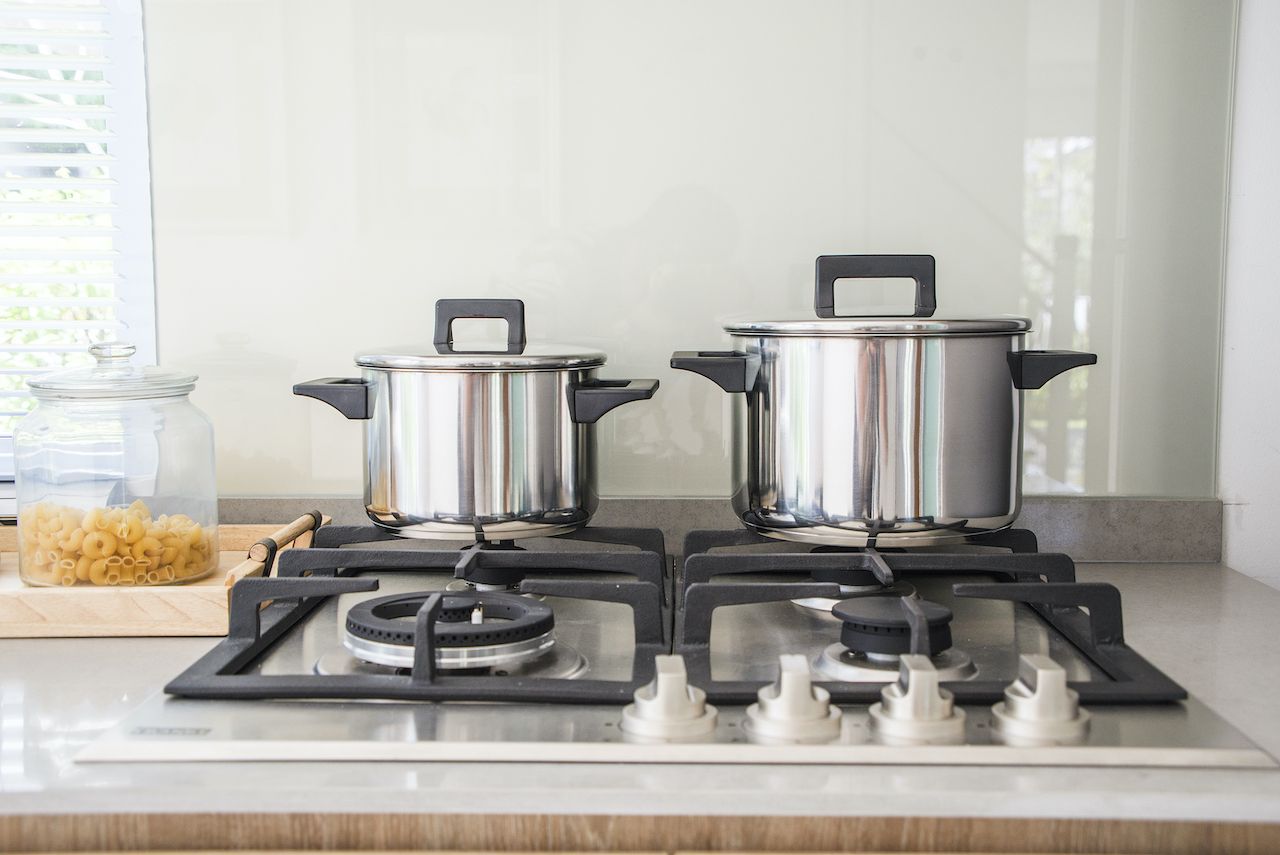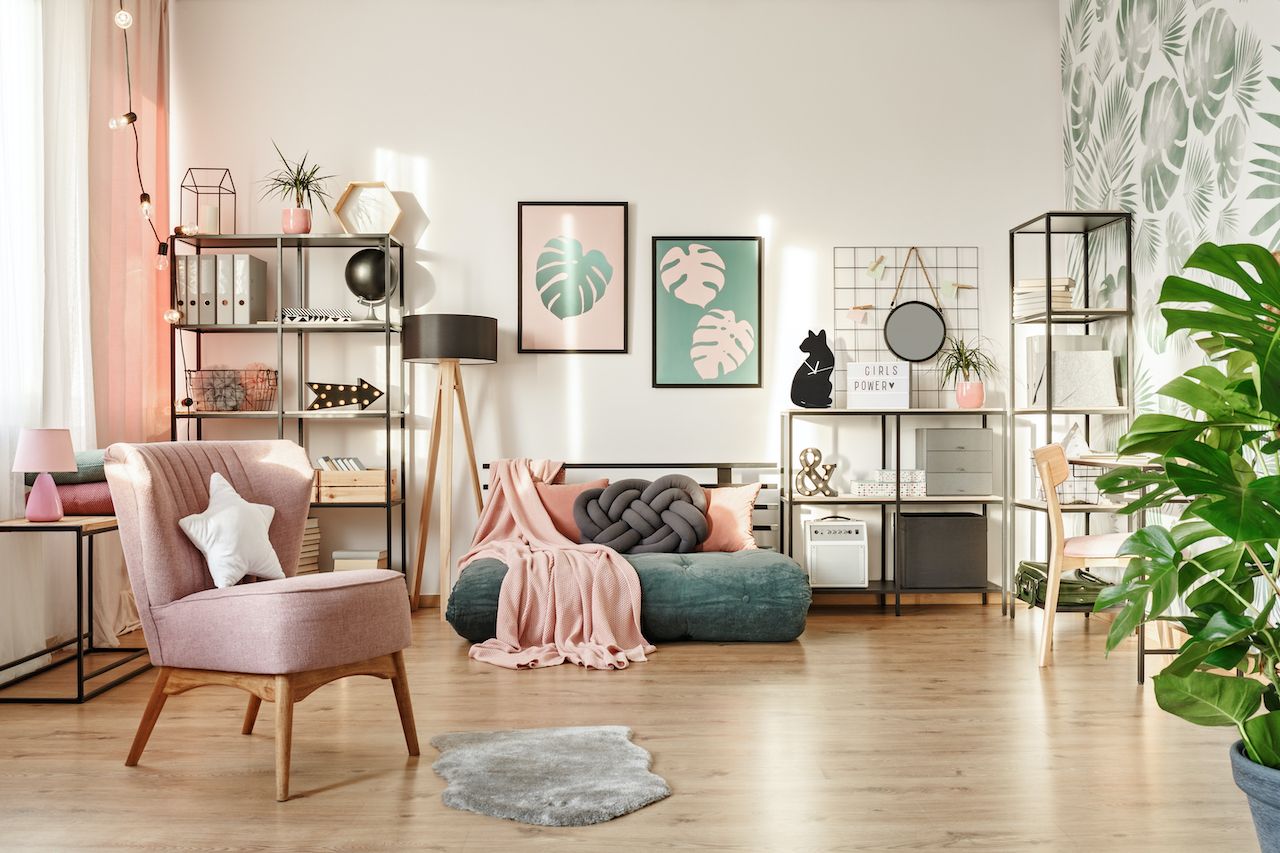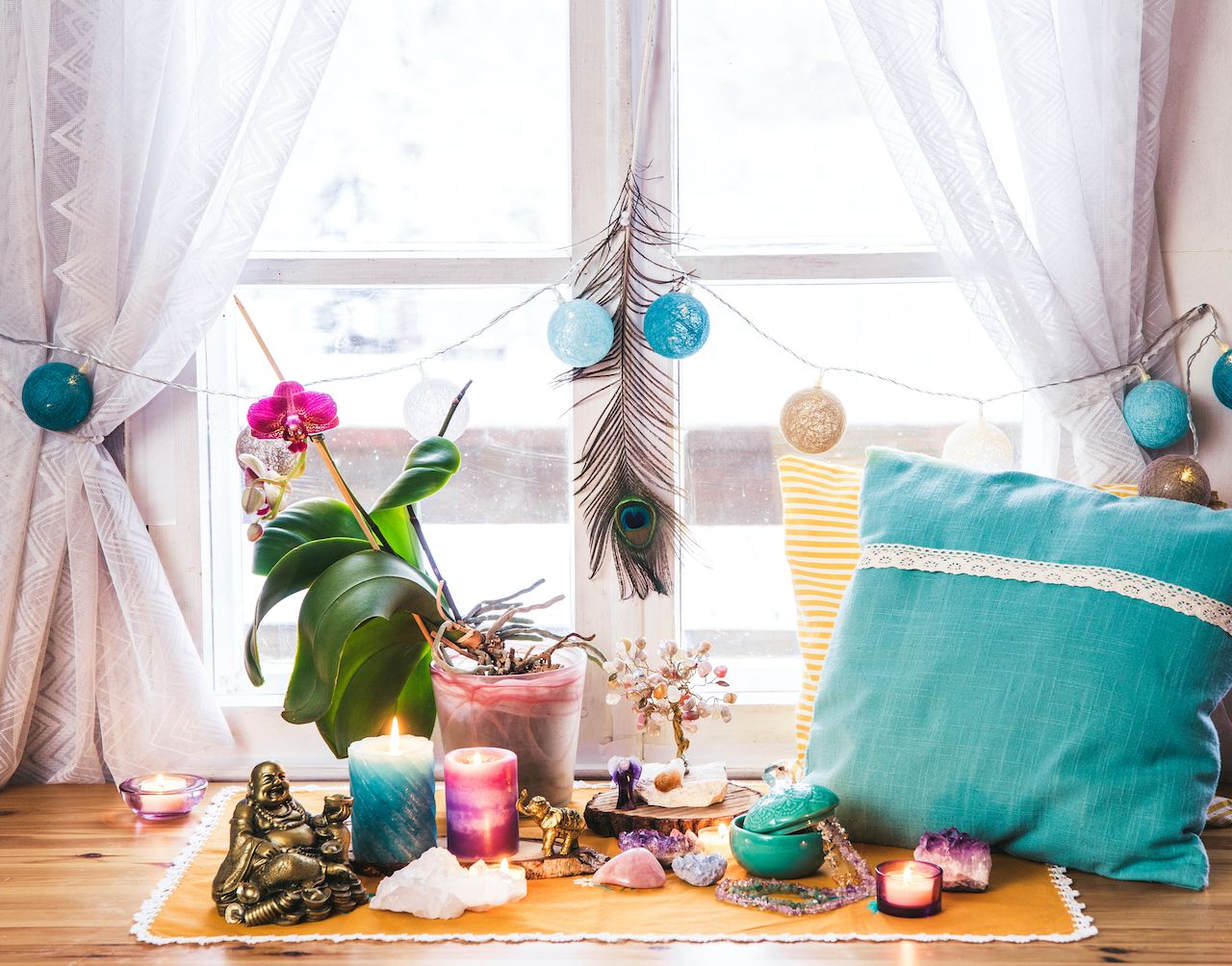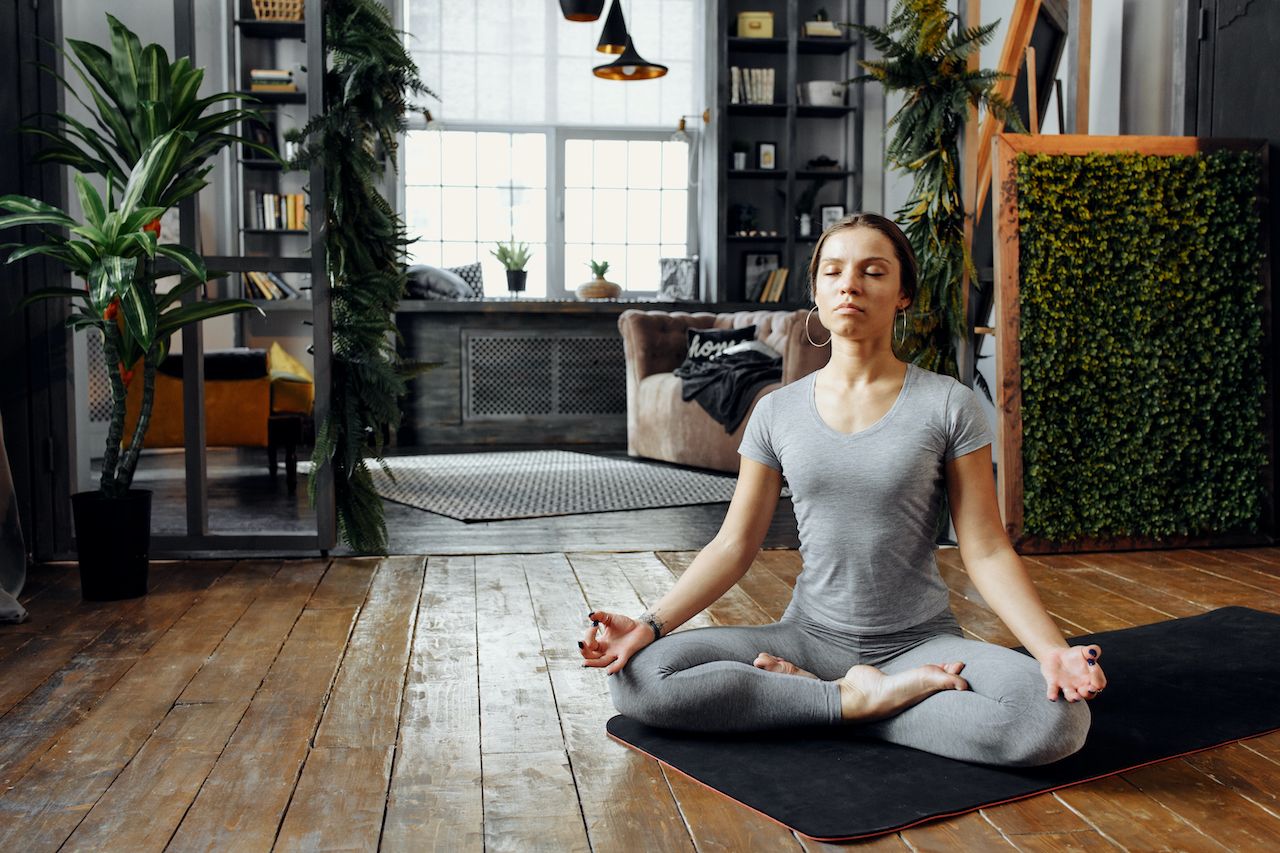Feng shui is one of those terms that probably sounds familiar, like something Phoebe might have gotten into on an episode of Friends, but many of us would struggle to define. Feng Shui with Me founder and consultant Marianne Gordon likes to describe it as follows: “Feng shui is to the house what acupuncture is to the body.”
Like acupuncture, feng shui is an ancient Chinese practice that can be traced back millennia. Both are regarded as methods of chi, or energy, healing. Both are included in the eight branches of traditional Chinese medicine. Yet only feng shui addresses the relationship between how we are and where we are.
The feng-shui philosophy centers around creating harmony at home to promote one’s overall well-being. With most of us spending much, if not all, of our time at home these days, it’s more important than ever to maintain a positive, productive, and organized living space, as well as develop healthy habits. Here’s how feng shui can help you feel better at home, according to the experts.







